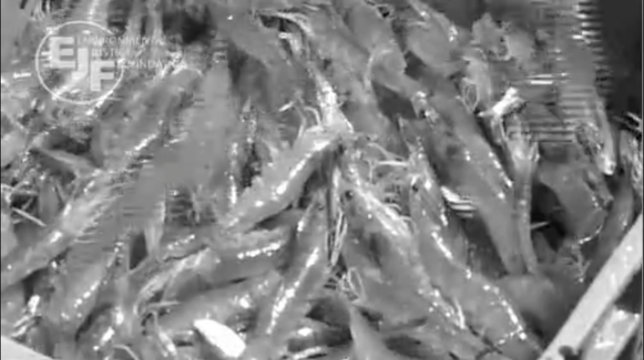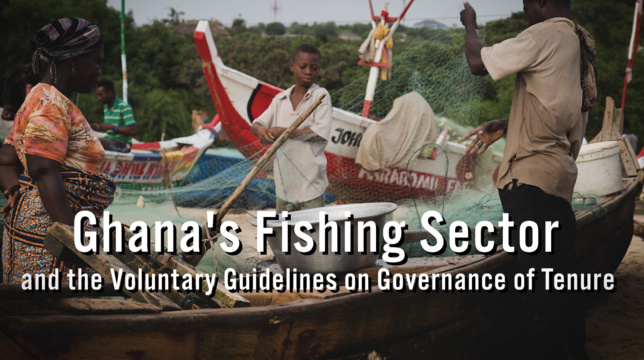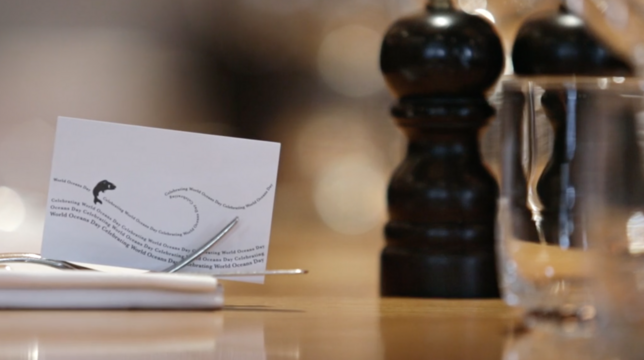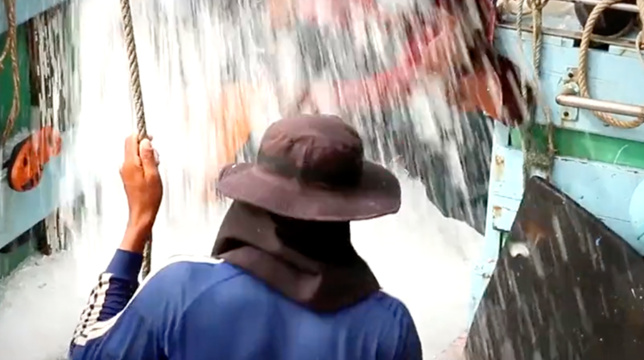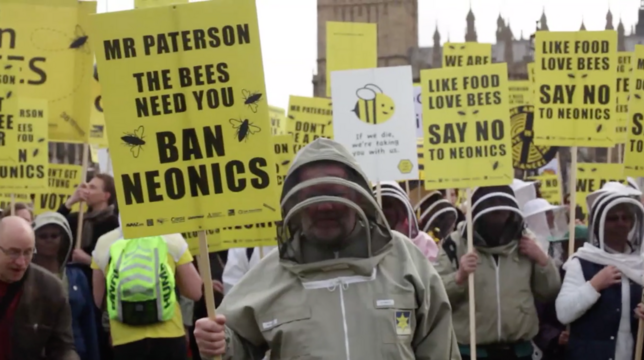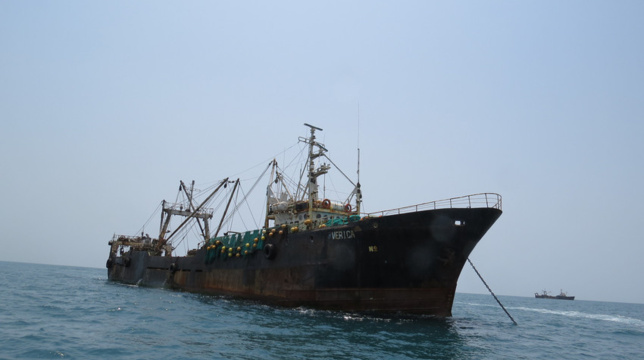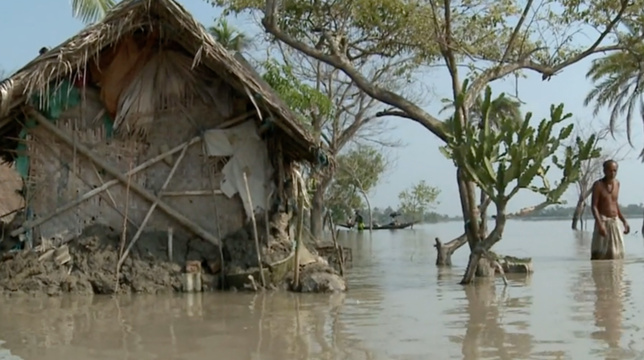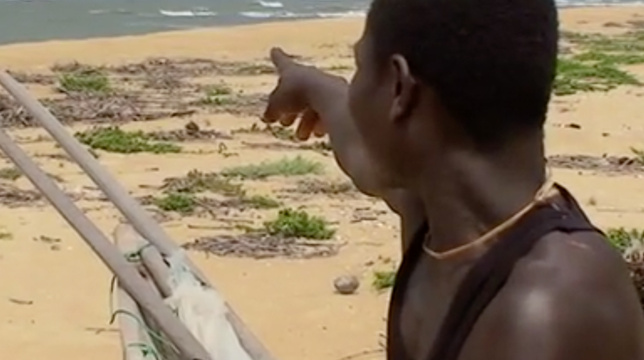Films
'E tudo mentira' - It's all a lie
Shrimp farming in Brazil is devastating the lives of coastal communities and wrecking the environment.
Ghana’s Fishing Sector and the Voluntary Guidelines on Governance of Tenure
Restaurant Campaign 2016
EJF has teamed up with chefs and restaurateurs around the world to celebrate World Oceans Day and raise vital funds to support our ongoing work to protect the fish stocks that provide food and income for some of the worlds poorest and most vulnerable people.
Sold to the sea
Thailand's seafood exports are the third most valuable in the world, supplying markets in the US, Europe and Asia but far from the attention of consumers vulnerable migrants in search of a better future are being trafficked, exploited, abused and even murdered aboard Thai fishing vessels.
EJF is campaigning for the international community to develop a Global Record of fishing vessels to facilitate greater transparency and traceability in the seafood sector enabling better monitoring of fishing activities including the labour conditions of the world's fishing fleets.
March of the Beekeepers
The March of the Beekeepers saw EJF, PAN UK and passionate beekeepers come together to demonstrate on Parliament Square, ahead of a European Parliament vote which enforced a two year ban on the Neonicotinoid pesticides thought to be dangerous to bees.
Under the Radar
UNDER THE RADAR includes video evidence EJF has documented of vessels operating illegally and using multiple identities and changing their flags, names and radio call-signs to avoid detection and sanctions.
Through our work towards the eradication of IUU fishing in West Africa, EJF has gathered evidence that reveals a compelling need for an international database of industrial fishing vessels, which contains their UVI and information on their ownership, flag, history, characteristics and fishing authorisations. This would enable the global fishing fleet to be monitored and regulated more effectively.
What does home mean to you?
Join our call to action to the United Nations Human Rights Council to adopt a new mandate for a special rapporteur on climate change and human rights.
Through the Net
Through the Net charts EJF’s investigations into 'pirate' fishing in West Africa and tracks the journey of fish caught illegally in Sierra Leone to the European seafood market through the Spanish port of Las Palmas.
The film reveals gaps in the EU regulation to prevent, deter and eliminate Illegal, Unreported and Unregulated (IUU) fishing and highlights steps that need to be taken to ensure that the regulation works effectively. The film features interviews with the EU Fisheries Commissioner, Members of the European Parliament and fishing communities that suffer the impacts of pirate fishing in West Africa.
The voiceover is provided by award-winning journalist and broadcaster Jonathan Dimbleby. Soundtrack by Tom Strang.
